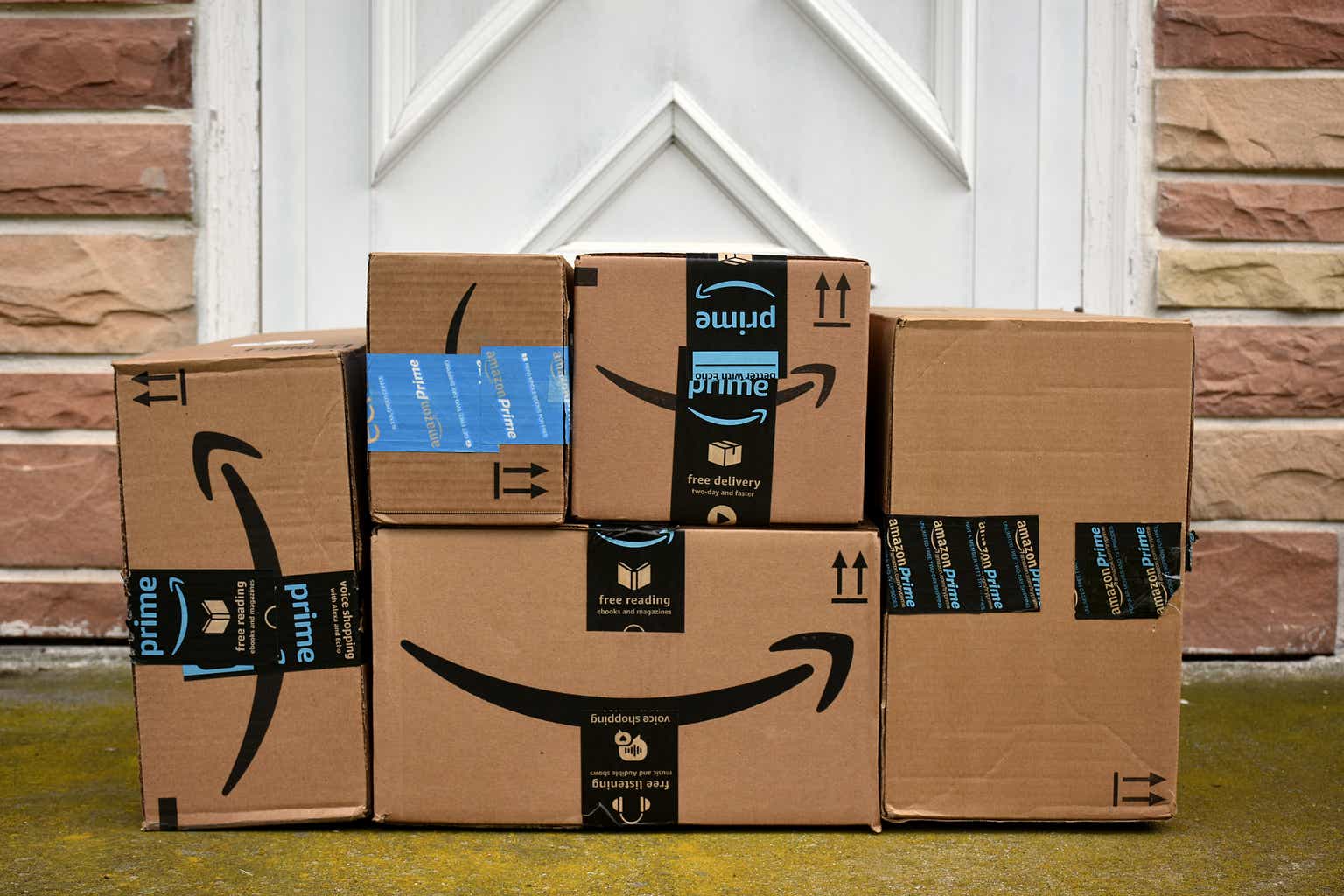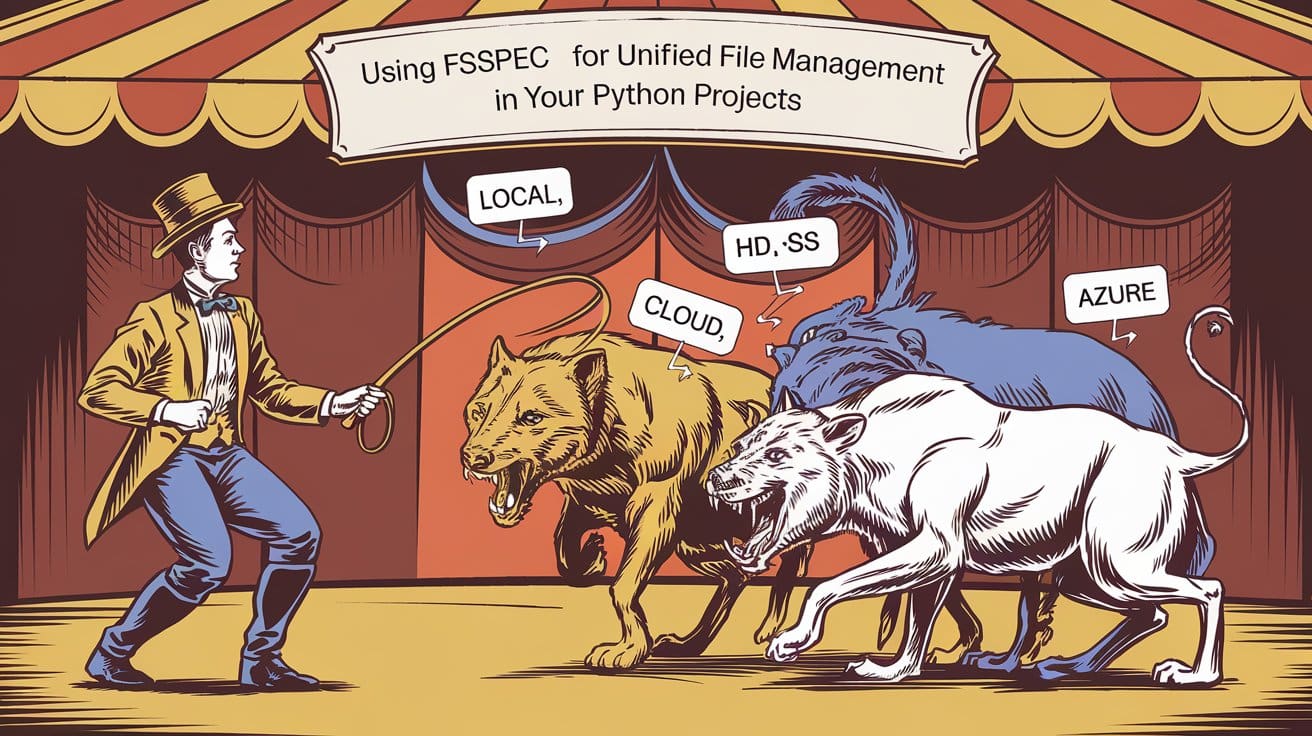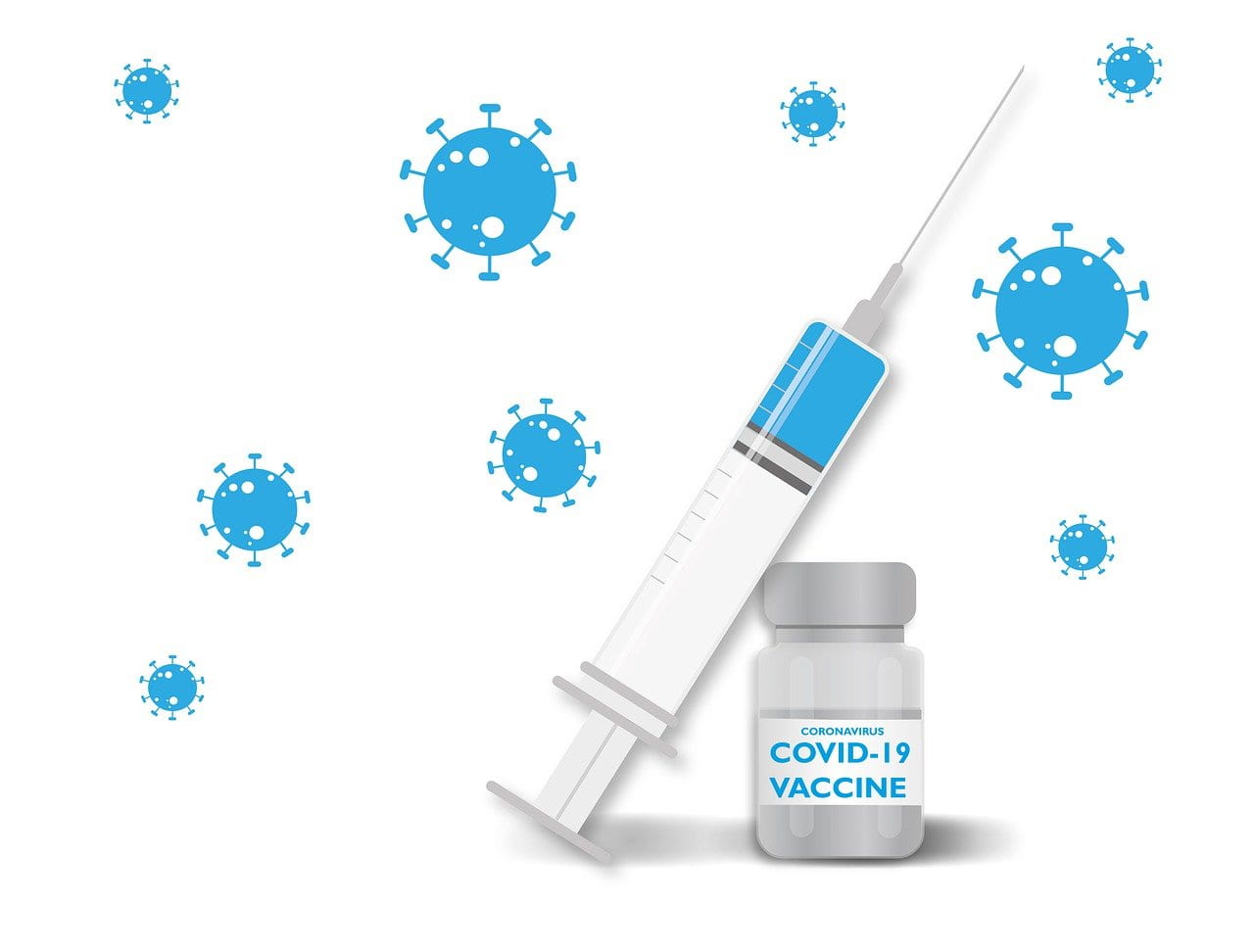Heads up! Fake VPN apps are infecting devices with dangerous malware
Virtual private networks (VPNs) are growing in popularity among home users for true data privacy, secure internet activity, the ability to circumvent regional content blocks, and more. If you don’t have a VPN yet, consider hopping aboard with one of our reputable picks. Unfortunately, scammers and hackers know that people are flocking to VPNs, and they want to exploit that trend as much as possible. For example, it was recently discovered that some VPNs aren’t as secure as expected due to certain security vulnerabilities. And not long ago, Google itself warned in a blog post that fake VPNs are being used to spread a malware called “PLAYFULGHOST.” Once this malware lands on your device, it can take control of the system, steal personal data, and cause major damage. How does PLAYFULGHOST spread? According to Google’s Managed Defense team, attackers have been distributing fake VPN apps infected with malware, hoping to be downloaded by unsuspecting users. Distribution of these fake VPN apps occurs through two main methods: Phishing: Users receive deceptive emails, text messages, and social media messages that contain malware attachments or links to download malware. In this case, users are urged to download and install a fake VPN app, which then installs the malware. Scammers love to phish, so it’s important to know how to recognize different phishing scams. Search engine poisoning: When Google’s search results are “poisoned,” malicious sites can masquerade as legitimate sites. You might search for a free VPN and click on a top link for a reputable brand, except it’s a fake. You’re actually taken to an imposter website and you end up downloading a fake VPN app loaded with malware. How dangerous is PLAYFULGHOST? PLAYFULGHOST is considered highly dangerous. It infects devices immediately and allows attackers to access files, passwords, and other sensitive data. It also enables remote control, granting hackers the ability to perform actions like running software (including other malware, like “Boostwave” or “Terminator”). According to the blog post, PLAYFULGHOST is difficult to get rid of once it’s been introduced. It’s persistent against various cleaning measures, so the best protection is to prevent it in the first place, preferably with the protection of reliable antivirus software. Be vigilant when downloading apps If you’re considering using a VPN service, that’s great! But be careful. Do your research, pick a reputable service, and triple-check before downloading and installing anything. If you ever get unsolicited emails with attachments or links, ignore them and toss them in the trash right away. Only download software from official sites and use independent tests, like our comparison of best VPNs, to determine which services are most trustworthy. Further reading: VPN terms and features everyone should know

Virtual private networks (VPNs) are growing in popularity among home users for true data privacy, secure internet activity, the ability to circumvent regional content blocks, and more. If you don’t have a VPN yet, consider hopping aboard with one of our reputable picks.
Unfortunately, scammers and hackers know that people are flocking to VPNs, and they want to exploit that trend as much as possible. For example, it was recently discovered that some VPNs aren’t as secure as expected due to certain security vulnerabilities.
And not long ago, Google itself warned in a blog post that fake VPNs are being used to spread a malware called “PLAYFULGHOST.” Once this malware lands on your device, it can take control of the system, steal personal data, and cause major damage.
How does PLAYFULGHOST spread?
According to Google’s Managed Defense team, attackers have been distributing fake VPN apps infected with malware, hoping to be downloaded by unsuspecting users. Distribution of these fake VPN apps occurs through two main methods:
Phishing: Users receive deceptive emails, text messages, and social media messages that contain malware attachments or links to download malware. In this case, users are urged to download and install a fake VPN app, which then installs the malware. Scammers love to phish, so it’s important to know how to recognize different phishing scams.
Search engine poisoning: When Google’s search results are “poisoned,” malicious sites can masquerade as legitimate sites. You might search for a free VPN and click on a top link for a reputable brand, except it’s a fake. You’re actually taken to an imposter website and you end up downloading a fake VPN app loaded with malware.
How dangerous is PLAYFULGHOST?
PLAYFULGHOST is considered highly dangerous. It infects devices immediately and allows attackers to access files, passwords, and other sensitive data. It also enables remote control, granting hackers the ability to perform actions like running software (including other malware, like “Boostwave” or “Terminator”).
According to the blog post, PLAYFULGHOST is difficult to get rid of once it’s been introduced. It’s persistent against various cleaning measures, so the best protection is to prevent it in the first place, preferably with the protection of reliable antivirus software.
Be vigilant when downloading apps
If you’re considering using a VPN service, that’s great! But be careful. Do your research, pick a reputable service, and triple-check before downloading and installing anything.
If you ever get unsolicited emails with attachments or links, ignore them and toss them in the trash right away. Only download software from official sites and use independent tests, like our comparison of best VPNs, to determine which services are most trustworthy.
Further reading: VPN terms and features everyone should know
What's Your Reaction?
































.jpg?width=1920&height=1920&fit=bounds&quality=80&format=jpg&auto=webp#)


















































